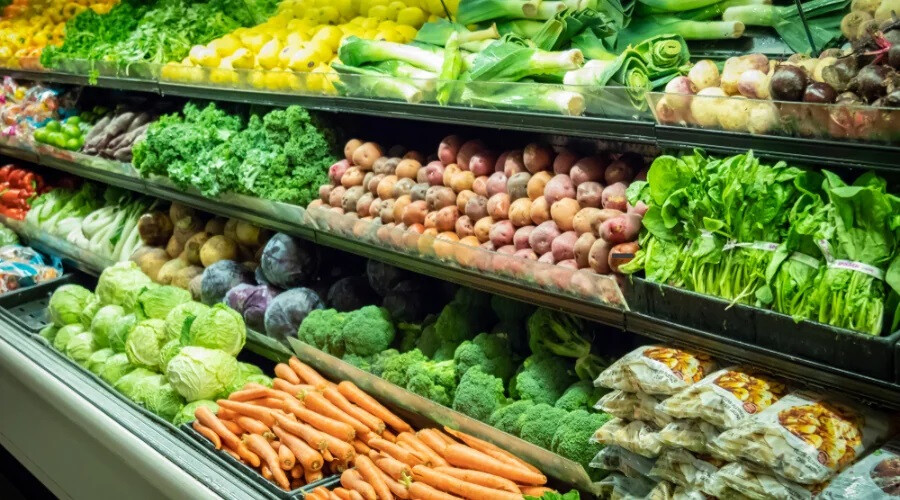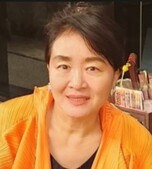
Singapore's domestic production of vegetables and seafood continued to decline in 2024. In contrast, egg production reportedly increased, prompting growing calls for a readjustment of the nation's food security strategy. Given Singapore's small land area and scarcity of natural resources, the country relies heavily on imports for most of its food. However, the drop in domestic production raises concerns about increased vulnerability to unforeseen global supply chain crises.
Declining Self-Sufficiency Rate: What's Behind It?
According to 2024 statistics released by the Singapore Food Agency (SFA), domestically produced vegetables account for only 4% of total consumption, while seafood self-sufficiency stands at just 8%. These figures fall short of the Singaporean government's '30 by 30' goal, which aims for domestic production to meet 30% of the nation's food demand by 2030.
Several complex factors contribute to this decline in production. Firstly, Singapore's limited land area is the biggest obstacle to increasing agricultural output. Rapid urbanization and the expansion of residential and commercial facilities have progressively reduced arable land. This has led to attempts at new agricultural methods, such as vertical farming in the midst of high-rise buildings. However, critics point out that such advanced farming still entails high initial investment costs and faces limitations in large-scale production.
Secondly, labor shortages are a serious issue. Agriculture is often perceived as physically demanding and less profitable, leading younger generations to shun it. Singapore, in particular, has a high reliance on foreign workers. During the COVID-19 pandemic, border closures restricted the influx of foreign workers, significantly disrupting farm operations.
Thirdly, the impact of climate change cannot be ignored. Unpredictable weather anomalies directly damage crop production, leading to decreased yields. Singapore's hot and humid climate is unfavorable for cultivating certain crops, and pest problems are persistent, driving up production costs.
Fourthly, high operating costs also make domestic agricultural production challenging. Land rents, electricity costs, and labor expenses are generally high in Singapore, making farm operations significantly more expensive than in other agricultural countries. This ultimately reduces the price competitiveness of domestic produce, leading consumers to favor imported alternatives.
A Glimmer of Hope: Increased Egg Production
Amidst the decline in vegetable and seafood production, egg production has notably increased. This is attributed to the Singaporean government's increased investment in the egg production sector and active support for the adoption of smart farm technologies. Automated rearing systems and advanced disease management techniques have boosted production efficiency and enabled a stable supply. This success story demonstrates potential for application in other agricultural sectors.
Diversified Efforts to Strengthen Food Security
The Singaporean government is making diversified efforts to strengthen food security. To achieve its '30 by 30' goal, it is promoting various policies, including: ▲supporting the adoption of advanced vertical farming and smart farm technologies; ▲활성화 urban farming using idle spaces in urban areas; ▲developing and distributing climate-resilient crop varieties; ▲training agricultural technical personnel; and ▲expanding overseas agricultural investments and collaborations.
In particular, vertical farming is a key strategy to overcome Singapore's limited land issue. Vertical farms, which cultivate crops using LED lighting and hydroponics within high-rise buildings, maximize land use efficiency and offer stable production unaffected by climate change. Furthermore, smart farms utilizing artificial intelligence (AI) and the Internet of Things (IoT) contribute to optimizing crop growth environments and boosting productivity.
The Singapore Food Agency (SFA) is also focusing on diversifying its supply chains by importing food from various countries and securing strategic reserves to prepare for disaster situations. This is an essential measure to maintain a stable food supply even in the event of export restrictions from specific countries or global crises.
Future Challenges
Singapore's food security issue is a complex challenge that cannot be resolved in the short term. Alongside efforts to increase domestic production, efficient resource allocation, technological innovation, and the establishment of sustainable agricultural models are crucial. Furthermore, encouraging domestic produce consumption among the public and reducing food waste, along with overall societal awareness improvement, are also necessary.
Despite its limited resources, Singapore continues its efforts to strengthen food security through innovative technology and policies. It remains to be seen whether these efforts will bear fruit, ensuring Singapore's stable food supply amidst future uncertainties.
[Copyright (c) Global Economic Times. All Rights Reserved.]




























